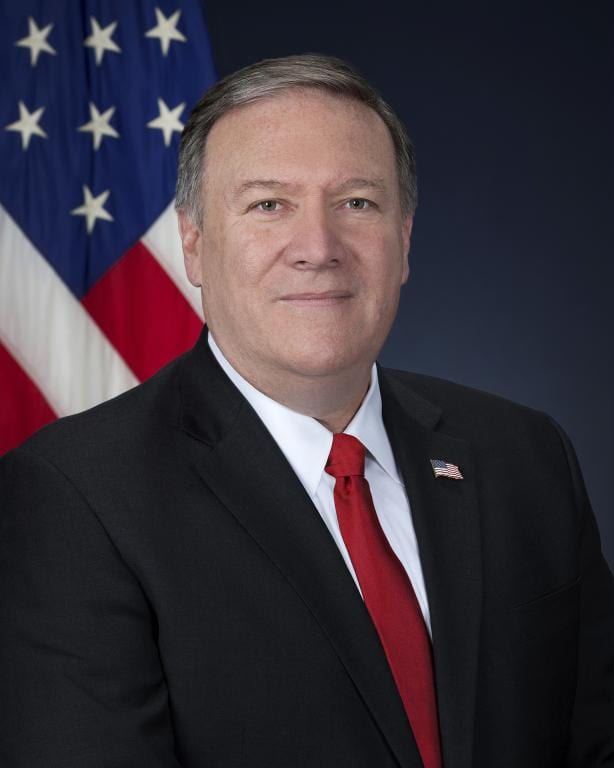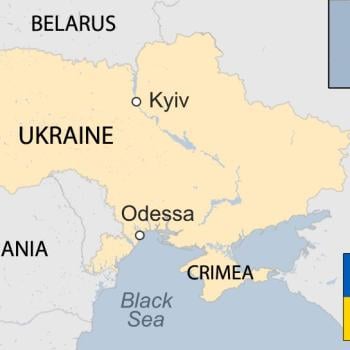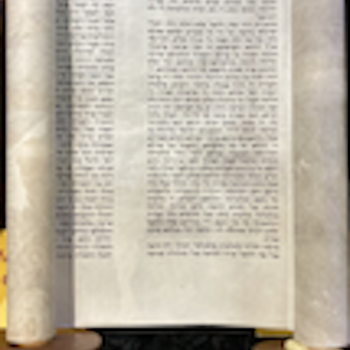 Evangelicals had a lot to do with putting Donald Trump in the White House. PEW Research Center exit polling in the 2016 presidential election revealed that 81% of Evangelicals who voted for president voted for Trump. Evangelicals make up about 27% of U.S. voters. President Trump has delivered what Evangelicals wanted most–conservative judges, with two being put on the Supreme Court during Trump’s tenure as president. Evangelicals just haven’t–and I doubt they ever will–get their other main desire, which is overturning Roe v. Wade, thus anti-abortion.
Evangelicals had a lot to do with putting Donald Trump in the White House. PEW Research Center exit polling in the 2016 presidential election revealed that 81% of Evangelicals who voted for president voted for Trump. Evangelicals make up about 27% of U.S. voters. President Trump has delivered what Evangelicals wanted most–conservative judges, with two being put on the Supreme Court during Trump’s tenure as president. Evangelicals just haven’t–and I doubt they ever will–get their other main desire, which is overturning Roe v. Wade, thus anti-abortion.
I recently posted how Jerry Falwell Jr., (Fallwell’s Fall from Grace) President of Liberty University, the largest Evangelical university in the U.S., had a considerable influence in getting Donald Trump elected as president. Falwell has recently been exposed in scandals that led to his resignation as president last week.
Iran has been a center of focus in the Trump administration. Iran is the only Islamic theocracy in the world. President Barak Obama had led other nations in negotiating a nuclear agreement with Iran in which Iran promised not to develop nuclear weapons. But Trump campaigned as president against this agreement. Last year he took steps for the U.S. to withdraw from it. In doing so, Israel had a notable influence on Trump since Iran and Israel have been locked in a sort of Cold War.
Trump claimed it was a financially bad deal. I doubt that. Our allies were involved in it. Trump is just all about money and the ego of making deals. The agreement stopped Iran from having any intentions of developing nuclear weapons, which was good.
Trump’s Secretary of State, Mike Pompeo, headed up Trump’s aim to withdraw from the nuclear pact with Iran. Pompeo has made it known that he has advocated regime change in Iran. Pompeo is an Evangelical Christian. Of all Christians, Evangelicals may have the strongest track record of being against Muslims for their religious beliefs. Trump tried to prevent Muslims from entering the U.S., but the courts overruled it.
The U.S. has laws that forbid our government from interfering in the governments of other nations for the purpose of overthrowing them. One is a law not to assassinate a foreign government leader. Yet U.S. intelligence agencies have not always fully complied with such laws. Pompeo advocates the overthrow of Islamic rule in Iran since Christians are persecuted there. The New York Times reported that Pompeo said, “In China, there’s the persecution largely of Uyghur Muslims and other ethnic minorities. Today in northern Iraq and portions of Syria, Christian minorities and Yazidis have been under assault.” Does Pompeo want a regime change in Iran mostly because he’s against Islam?
Throughout much of my life, I have financially supported efforts to break government laws in transporting Bibles into the Soviet Union, China, and other atheistic-Communist lands as well as support Christians privately meeting and spreading the gospel. But to advocate overthrowing a government leader in these lands is different.
Former President George W. Bush, current Vice President Mike Pence, and Mike Pompeo are outspoken Evangelical Christians. The Times wrote back in March, “But no secretary of state in recent decades has been as open and fervent as Mr. Pompeo about discussing Christianity and foreign policy in the same breath. That has increasingly raised questions about the extent to which evangelical beliefs are influencing American diplomacy.”
Susan Rice, former UN Ambassador and National Security Advisor to President Obama, said five days ago to Rachel Maddow on MSNBC, “Mike Pompeo has been an overtly religious secretary of state, which in itself is problematic because again he’s supposed to represent all of America, all of our religions.”
Evangelical influence in U.S. politics has been growing dramatically in recent decades. I think some of it is good, and some of it is not so good. What do you think?












